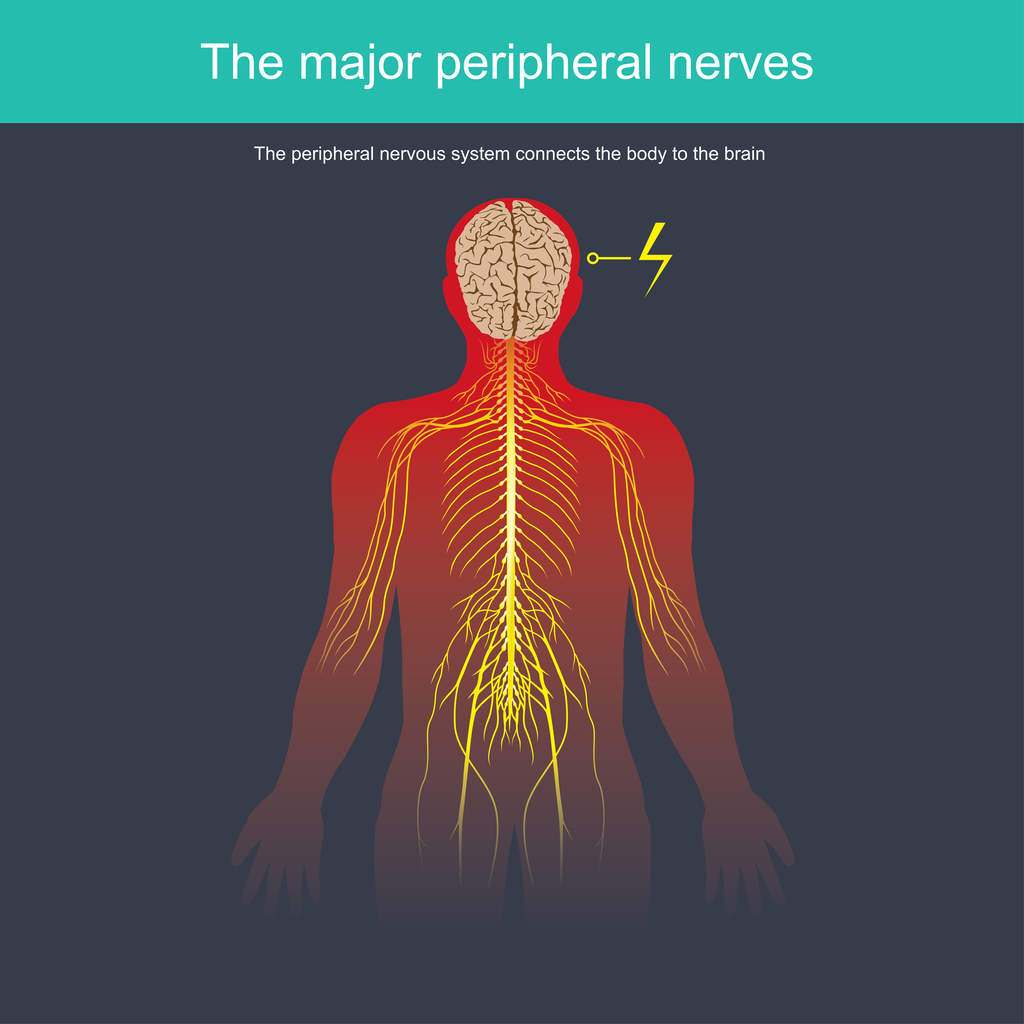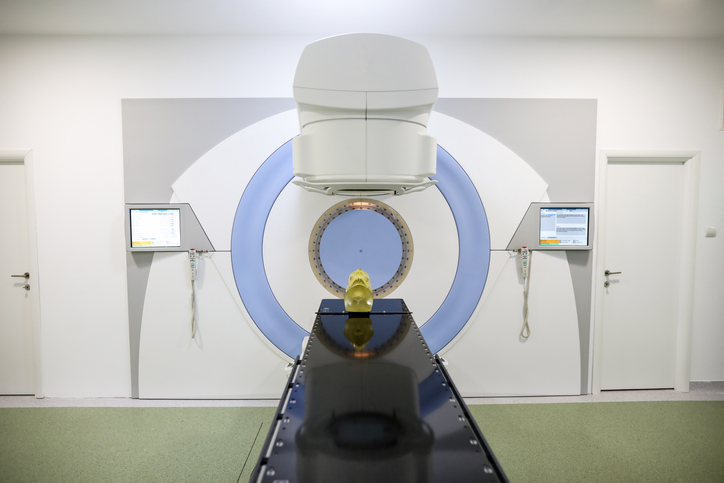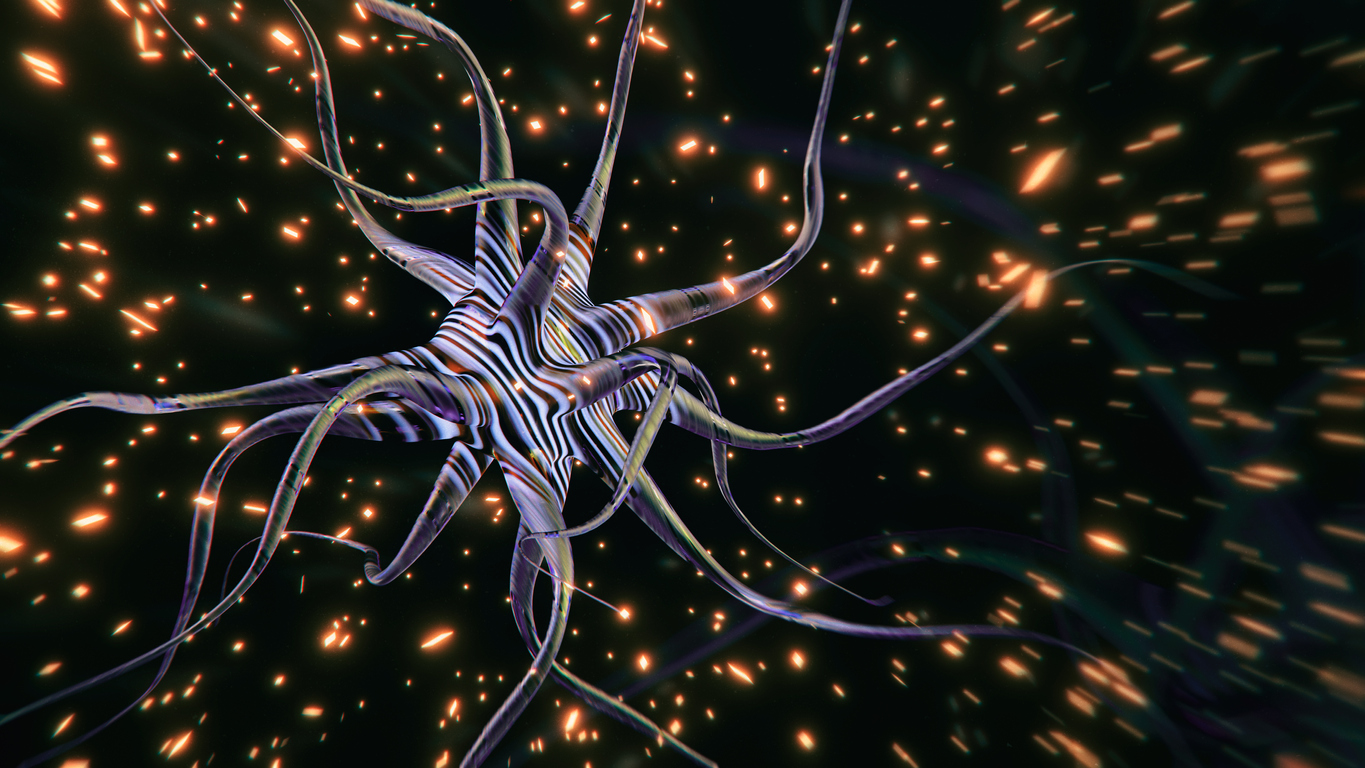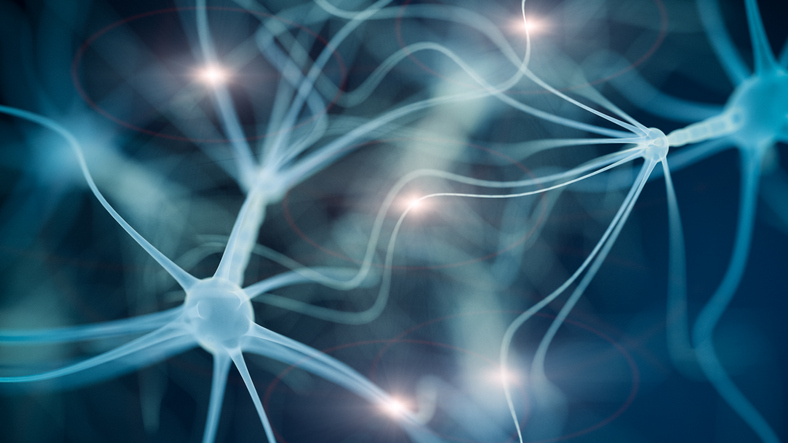Pain
Antimuscarinic Drugs to Treat Peripheral Neuropathy
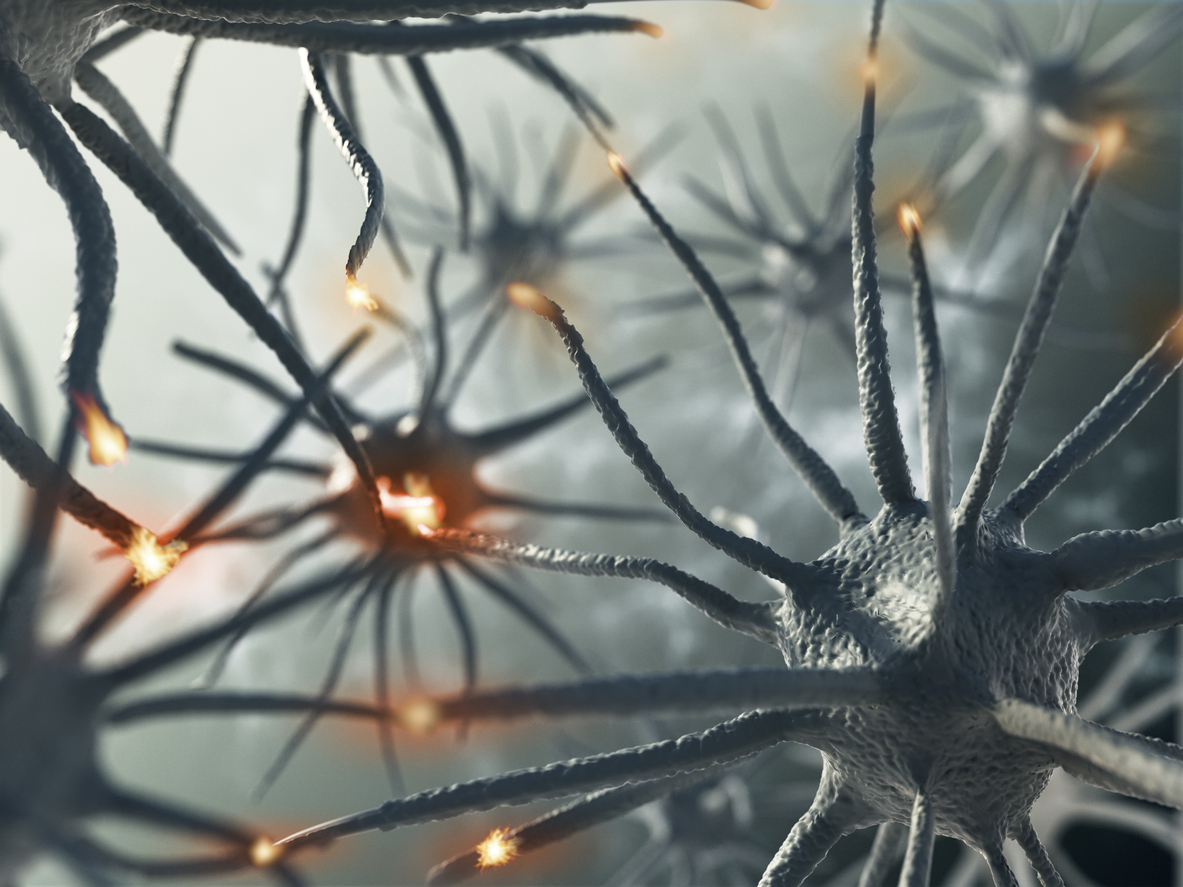
What is peripheral neuropathy?
Peripheral neuropathy is a medical condition that develops when the peripheral nerves are damaged. The peripheral nervous system is the communication network that connects the central nervous system (the brain and spinal cord) to every other part of the body. Approximately 20 million people in the United States have some type of peripheral neuropathy.
What are antimuscarinic drugs?
Antimuscarinic drugs belong to a group of anticholinergic agents, and are used to treat motion sickness, irritable bowel syndrome (IBS), Parkinson’s disease, peptic ulcers, respiratory conditions, bradycardia, and overactive bladders. Atropine and scopolamine are two of the most commonly prescribed antimuscarinics. Although these two are derived from the Atropa belladonna plant, most antimuscarinics are developed synthetically.
How they work
Antimuscarinic medications work by blocking the activity of muscarinic receptors. These receptors inhibit the functions of the parasympathetic nervous system. The parasympathetic nervous system helps dilate blood vessels, lower body secretions, increase heart rate, improve neurologic function, and decrease smooth muscle contractions.
Side effects
Antimuscarinic drugs are not recommended with certain health conditions and may negatively interact with other medications. Consult with a health care professional prior to taking this drug. Potential side effects include, but are not limited to, the following:
- Dry mouth
- Increased heart rate
- Sore throat
- Vision changes
- Neurological changes
- Urinary retention
- Inability to pass stool or gas
Studies
A study involving mice has successfully shown that a component of antimuscarinic drugs is able to block a certain receptor (M1R), resulting in the prevention or reversal of peripheral neuropathy. Antimuscarinic medications appear to activate a regenerative pathway for nerve repair that is caused by a variety of conditions. Studies show benefits are not reliant on the underlying cause of neuropathy.
Conclusion
Additional testing is needed on humans in order to determine antimuscarinics effects on peripheral neuropathy; however, current evidence seems promising. If proven to be effective and safe, antimuscarinics may be a treatment option with low risk of side effects.
Additional source: Osmosis



